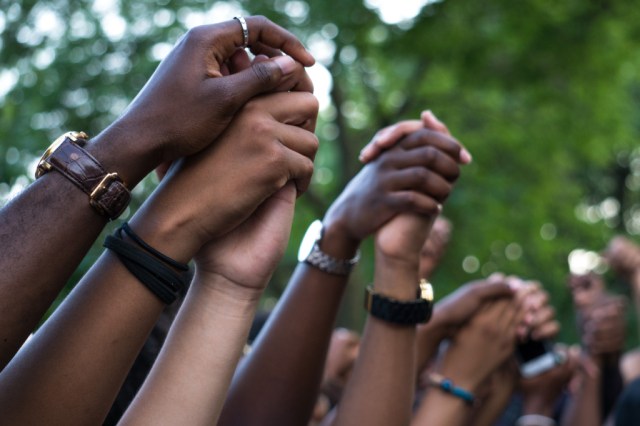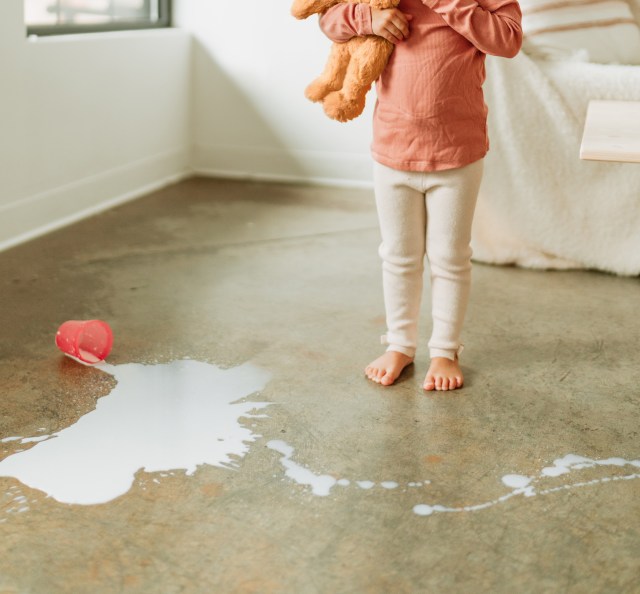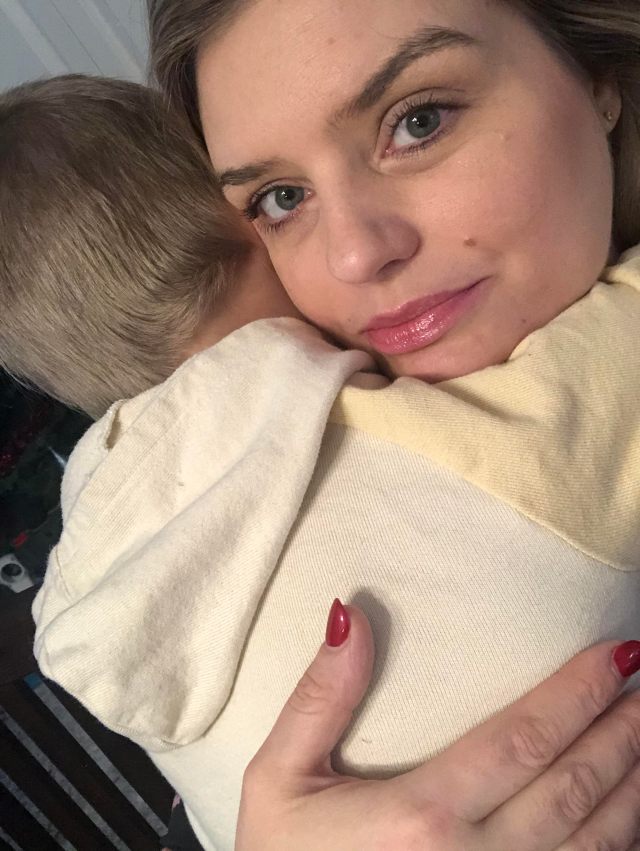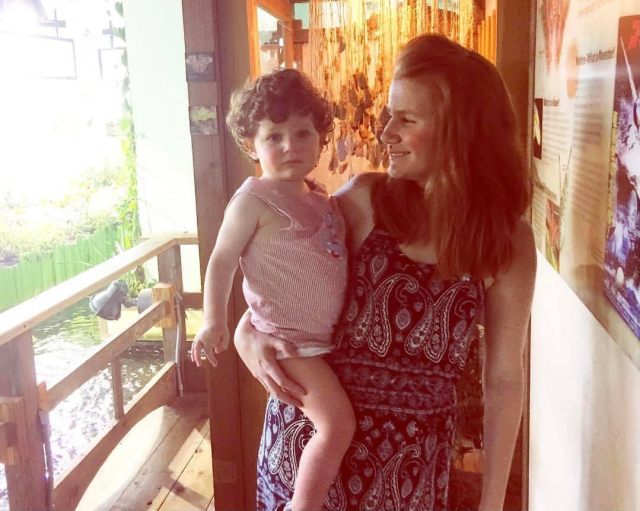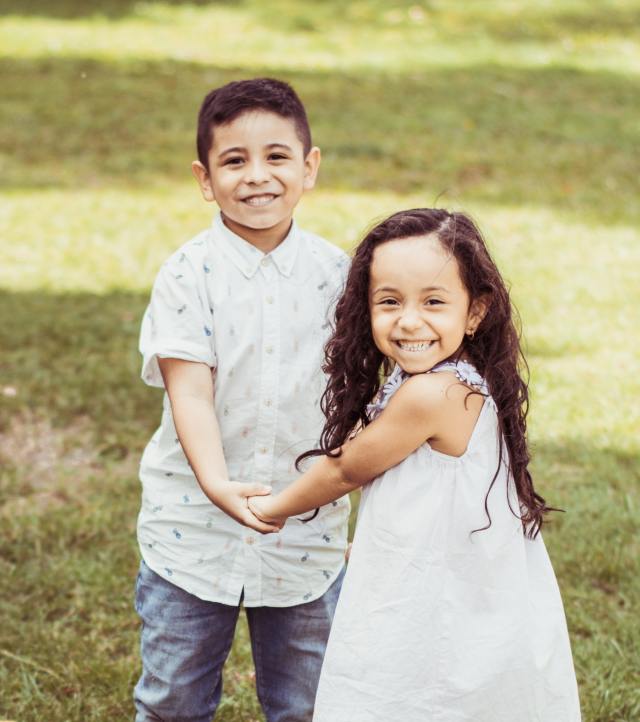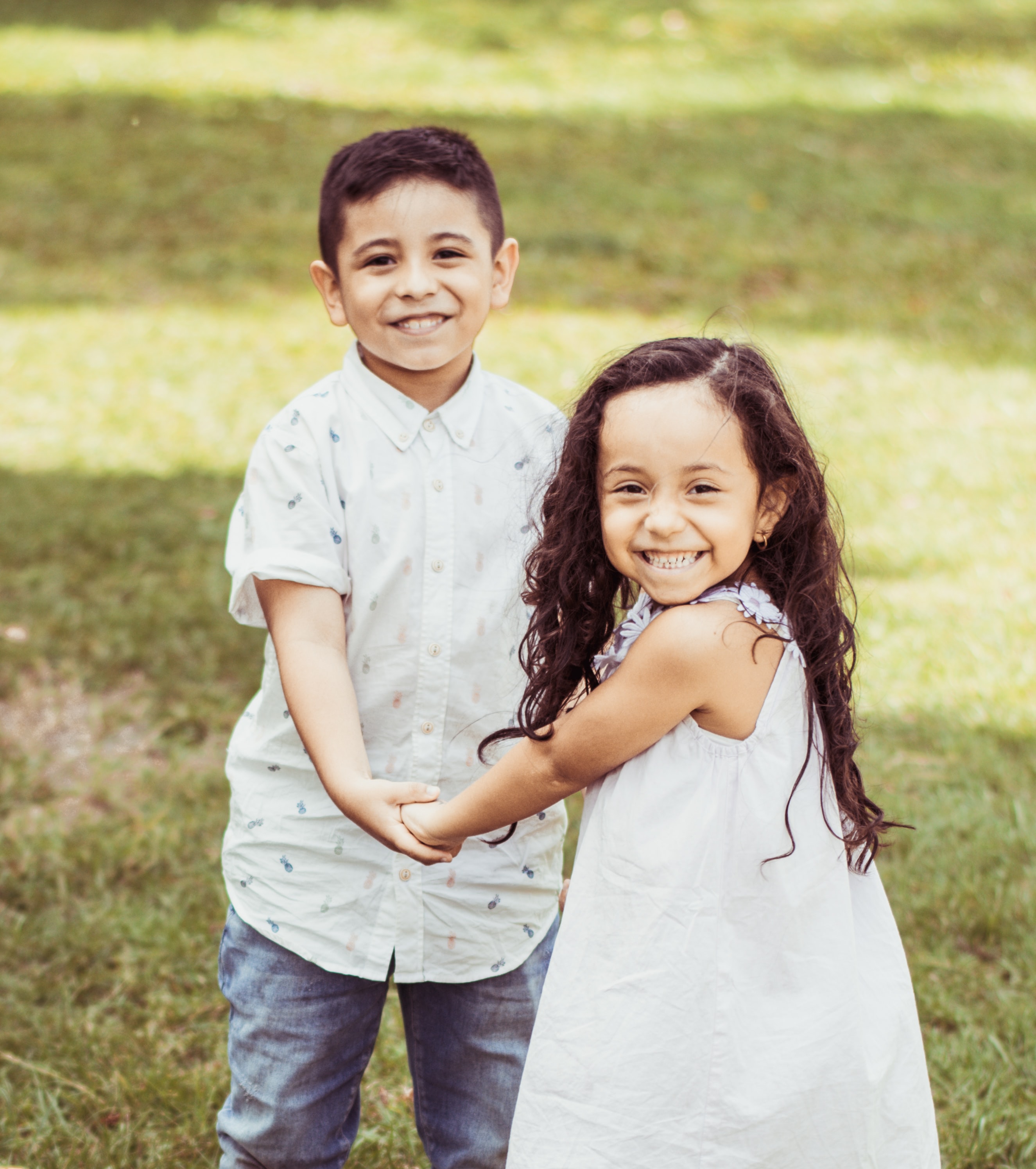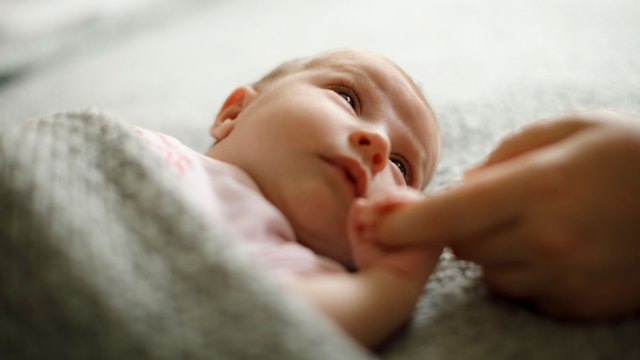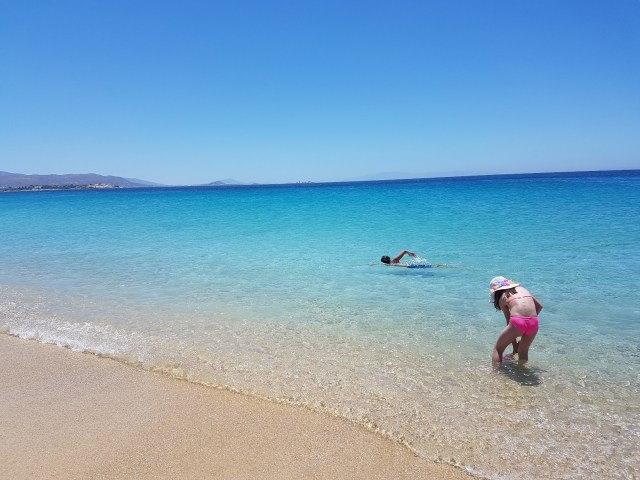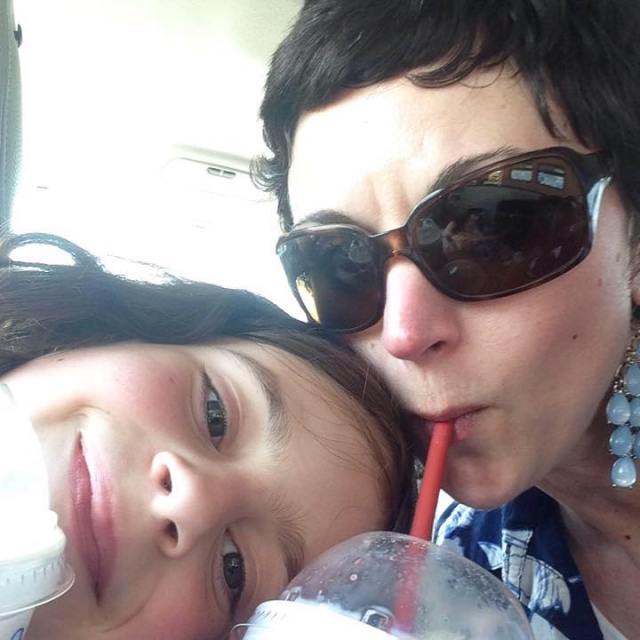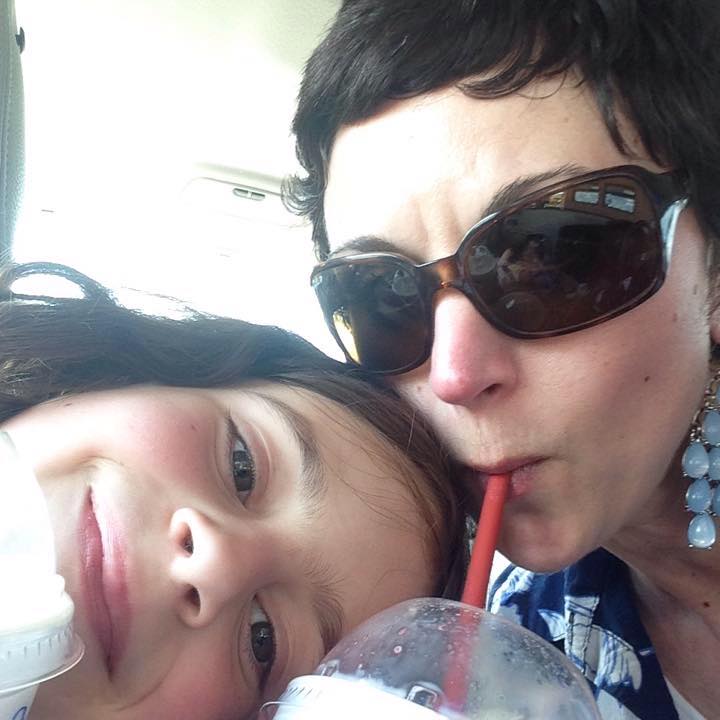
Photo: Melanie Forstall
I recently saw a young teen publicly thank his parents on social media. It wasn’t a generic, thanks-for-all-that-you-do, kind of post. This one stopped me in my tracks. This specific nod to the parents was, “Thank you for giving me everything I want.”
My first few thoughts lingered around the possibility that this was a status symbol of sorts, enjoyed by everyone involved with giving this child everything he wanted. It rang similar to the current requirement on social media that families need to be super busy. If families today aren’t completely overscheduled, their status is somehow less than. I guess, maybe, if a parent gives a child everything he or she wants, somehow that raises their false status, too?
My husband and I are far less concerned with status, and way more concerned with raising kind, happy kids who will hopefully grow up to be emotionally resilient adults. Probably why this post stood out to me. Neither of us want to give our kids everything they want.
Our kids are talented swimmers. Our daughter, specifically is not only talented, she’s also a very hard worker. She’s willing to practice as much as she needs to remain a strong competitor as well as be a valued member of her team. As a middle schooler, she sets personal goals and works hard to reach them.
This season, her goal was to swim the individual medley (IM). This is a tough race: 100 yards, 1 lap of each stroke, a total of 4 laps. Her goal was to swim it competitively under 2 minutes. After a few weeks of practice, she swam it and exceeded her goal. Next, she set her sights on the championship meet at the end of the month. Before that though, she wanted one more race experience so she requested her coaches pace her in the IM for the next meet.
The day arrived for the meet placements and she was left out of the IM. She looked a bit worried, so I encouraged her to go and talk with her coaches. She did and to her dismay, she was, in fact, left out of the race. I asked her coaches if she could be added to the race, but it was too late. She held back tears but forged ahead and jumped into the pool for practice.
It was a mistake. Her coaches are human and they make mistakes, too.
Her disappointment was compounded for several reasons. Her biggest competition was not going to be at this next meet, giving her a strong possibility of winning the race. Her best friend was going to be there. She wanted one more race experience before the championship meet. She folded under the layers of disappointment and began to cry as soon as we got into the car.
I could have made a phone call. My husband and I could have made unreasonable requests. I probably could have called the board of directors and caused a scene to get my child added back into the race she so desperately wanted to swim. We could have caused a lot of people to do a lot of extra work to make my child happy. I could have gone to extreme lengths to give my child everything she wanted.
Have you seen that quote that encourages you to drink plenty of water and gets lots of sun? Good advice for us because we are essentially houseplants with complex emotions. How in the world can we expect our children to learn how to deal with complex emotions if we never allow them to experience them?
My husband and I could have made unreasonable requests in an effort to relieve our daughter from feeling complex emotions. But how would that have served her in the long run? Sure, it was hard for her but we all have to learn how to deal with disappointment. We have to learn how to accept the fact that people we love mistakes. We have to learn how to accept the fact that not everything in life will go our way.
The one thing I hope my kids never thank me for—giving them everything they want.
As humans, we are hard-wired to struggle. It’s not my job as a parent to keep my kids from ever having to struggle. Instead, it’s our job as parents to give them the tools to properly deal with the struggle.
After having time to be sad and disappointed, we talked with our daughter about what she ultimately wanted. We couldn’t change the circumstances, but it was worth at least exploring what she could personally get out of the situation; what it would take to get a positive outcome from this experience.
We talked with her coaches and after giving it some thought, she agreed to swim the event as an unofficial swimmer. That meant, her times wouldn’t count and she wouldn’t score any points. She couldn’t officially win, even if she technically did. She’d still get the opportunity to have another race experience.
It was a wasn’t everything she wanted.
She was able to live through the disappointment and still see the upside. She was able to accept the reality but still find the positive. She didn’t throw away the experience because it wasn’t perfect.
My job as a parent is not to keep my kids happy. Let’s face it, of all the emotions we have, happy is easy. Our kids do not need practice with being happy. They do need to be prepared to face disappointment, sadness, and anger. They need experience in extending the same grace to others that they would want in return. They also need practice in accepting situations for that what they are without expectations for us to swoop in and fix it.
I hope my kids are grateful for all of the things we do for them, but for many reasons more importantly, I hope they are thankful for the things that we didn’t do.
Melanie Forstall is a full-time mother, full-time wife, full-time teacher, and never-enough-time blogger at Melanie Forstall: Stories of Life, Love, and Mothering. She holds a doctorate in education and yet those many years of schooling have proved to be utterly useless when it comes to actual mothering.

